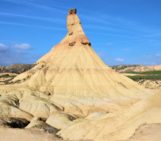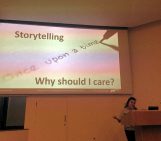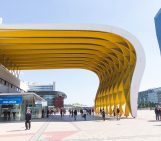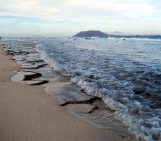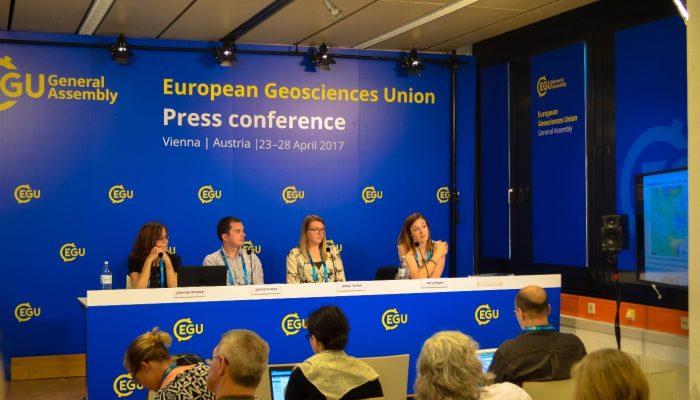
We have two vacancies for science-communication or science-journalism students in Europe to work at the press centre of the 2019 General Assembly, which is taking place in Vienna, Austria, from 7–12 April. Applications from geoscience students with experience in science communication are also very welcome.
This is a paid opportunity for budding science communicators to gain experience in the workings of a press office at a major scientific conference, and to interact with journalists. The students will join the team assisting the EGU Media and Communications Manager Bárbara Ferreira and the journalists at the press centre, and are expected to help run press conferences. Other tasks include reporting on the events at the Assembly through photographs and video (including producing a highlights video of the conference), and/or writing blog posts.
The position is open to university students (final-year undergraduates or postgraduates) in science communication/journalism or to students in the Earth, planetary or space sciences with experience in science outreach. Applicants must have experience in photo and video reporting, or science writing, have an expert command of English, and be competent working with computers and the internet.
Further information
- Only students with a student ID card and an EU (including UK but except Croatia) or Swiss passport are allowed to work at the EGU General Assembly.
- People who are presenting an abstract at the EGU General Assembly are not eligible to apply.
- Tax regulations in your home country could obligate you to pay income taxes on the amount earned at the EGU General Assembly (including travel money). The respective taxation is your responsibility.
- If you have other income in Austria in 2019, you will be forced to pay income taxes in Austria should the sum of all income, including the amount earned at the EGU General Assembly (including travel money), exceed €11,000 gross.
Work hours and payment
Press assistants will need to be in Vienna from Sunday 7 April in the early afternoon until late on Friday 12 April. They should expect to work between 50 and 55 hours and will receive a wage of €9/hour, in addition to a €150 allowance for those who don’t reside in Vienna (the city of your university is considered your current place of residence). Student press assistants also receive additional support towards travel expenses and complimentary breakfast and lunch at the press centre from Monday to Friday.
Applications must include
- Cover letter and CV (one page each) summarising relevant experience
- Two samples of recent science communication work such as photo features, videos or written articles (published or unpublished, aimed at a general audience; links to an online portfolio are welcomed).
Application documents (in English) should be submitted by email in a single file to Bárbara Ferreira at media@egu.eu. Bárbara can also be contacted for informal enquiries by email or phone (+49-89-2180-6703). The deadline for applications is 10 December 2018.
If your application is successful, you will be asked to fill in a form to submit some information about yourself (including a copy of your passport and student ID card) to our conference organiser Copernicus.
The European Geosciences Union (EGU, www.egu.eu) is Europe’s premier geosciences organisation, dedicated to the pursuit of excellence in the Earth, planetary, and space sciences for the benefit of humanity, worldwide. The EGU organises a General Assembly that attracts over 14,000 scientists each year, as well as reporters. The meeting’s sessions cover a wide range of topics, including volcanology, planetary exploration, the Earth’s internal structure and atmosphere, climate, as well as energy and resources.

